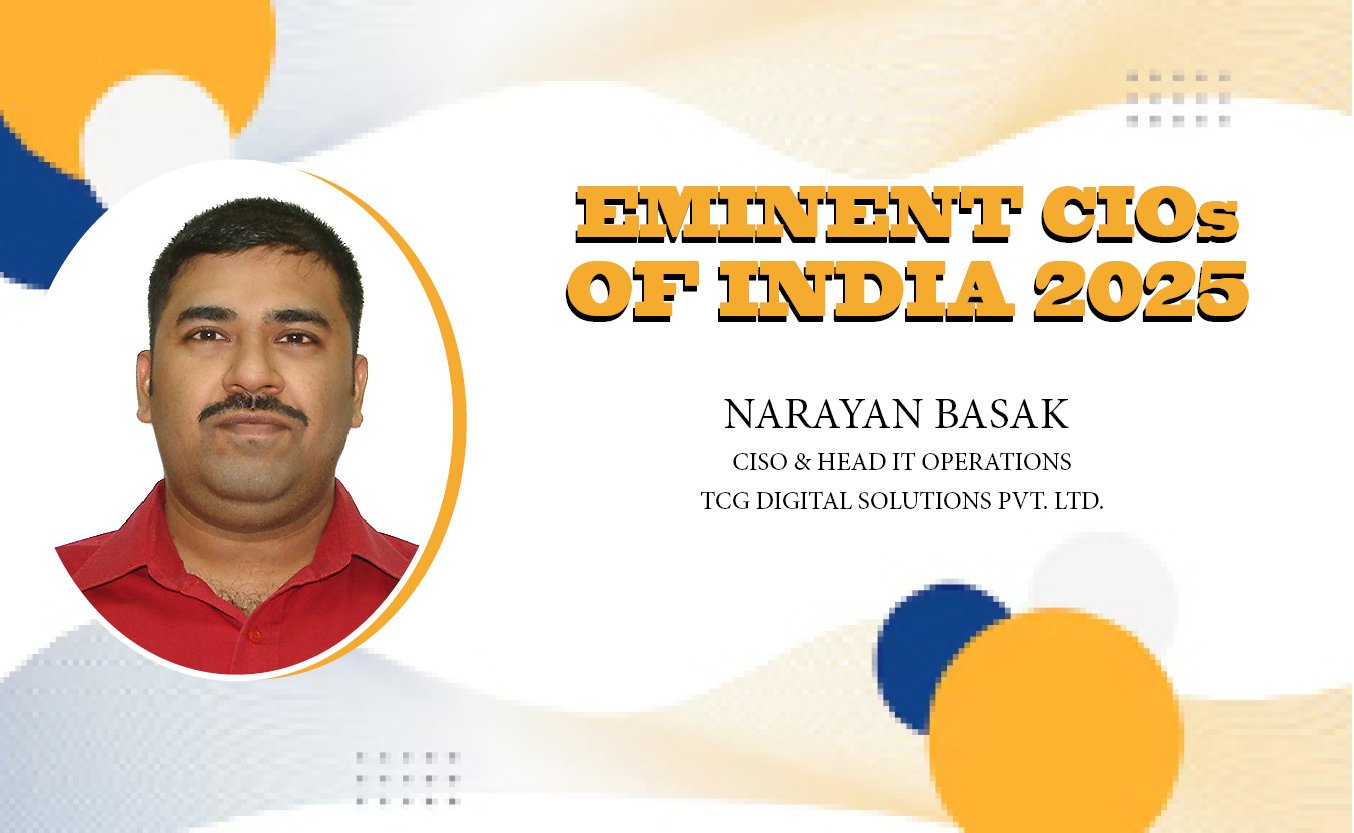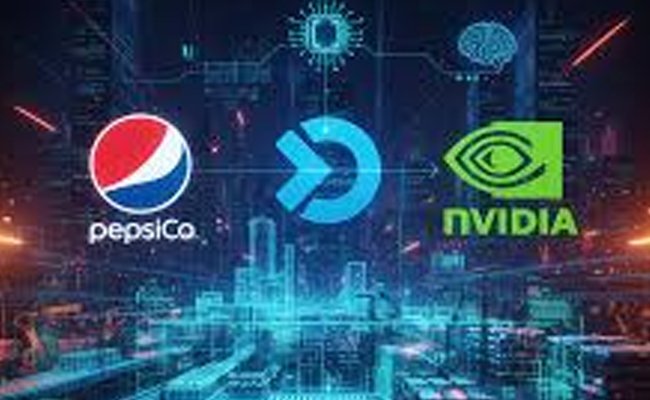Narayan Basak, CISO & Head IT Operations, TCG Digital Solutions Pvt. Ltd.
Responsible Governance
As the AI revolution accelerates, emphasis must shift toward AI governance. Responsible AI use requires policies that promote transparency, explainability, lifecycle management, and accountability. Governance frameworks must ensure AI systems are not only effective but also ethically sound and aligned with societal values. Similarly, Disinformation Security is gaining importance as a defense against digital fraud and misinformation. It combines identity validation, contextual awareness, and continuous risk scoring to prevent account takeovers and protect brand integrity through Zero Trust Architecture.
Energy-Efficient Computing advances sustainability by using optimized hardware, code, and renewable energy, though transitioning is costly and complex. Neurological Enhancement, through brain-machine interfaces, boosts cognitive abilities, enabling personalized learning and extended careers, but poses ethical, mobility, and security concerns. Hybrid Computing blends various computing, storage, and network systems to drive automation, personalization, and high-performance computing. Despite its promise, it remains experimental, with high costs and security risks. These emerging technologies offer transformative potential but require careful consideration to navigate their complexities and ensure responsible, secure, and ethical implementation.
The CIOs Building a Security-First Culture
CIOs today are no longer mere custodians of IT infrastructure. Their role has evolved into that of transformational leaders who drive innovation, agility, and data-driven decision-making. They are now responsible for fostering a forward-looking culture and ensuring data is securely managed and used to gain business insights. Building a security-first culture is key to this evolution. This includes regular awareness training, implementing layered security defenses, enforcing documented policies, and promoting continuous security improvements. Leadership commitment plays a critical role in supporting these initiatives and embedding cybersecurity into organizational DNA.
Zero Trust + AI: Future of Cybersecurity
The synergy between AI and Zero Trust promises a new era in security maturity. AI-powered behavioral analytics enables real-time anomaly detection by learning user behavior patterns. Automated threat responses help isolate compromised systems instantly, while adaptive access control dynamically adjusts user privileges based on contextual data. Together, these developments not only reinforce security but also enhance organizational resilience. Using the TCG Digital AI platform, tcgmcube, security logs are ingested in real-time to generate Threat Intelligence Analysis, perform Configuration Management, and prepare a resilient, secured network. Furthermore, collaboration among CIOs, CISOs, CTOs, and DPOs is essential for secure innovation and long-term viability. While DPOs focus on legal compliance and data rights, CIOs and CTOs can support these roles if adequately skilled, ensuring a holistic security approach.






